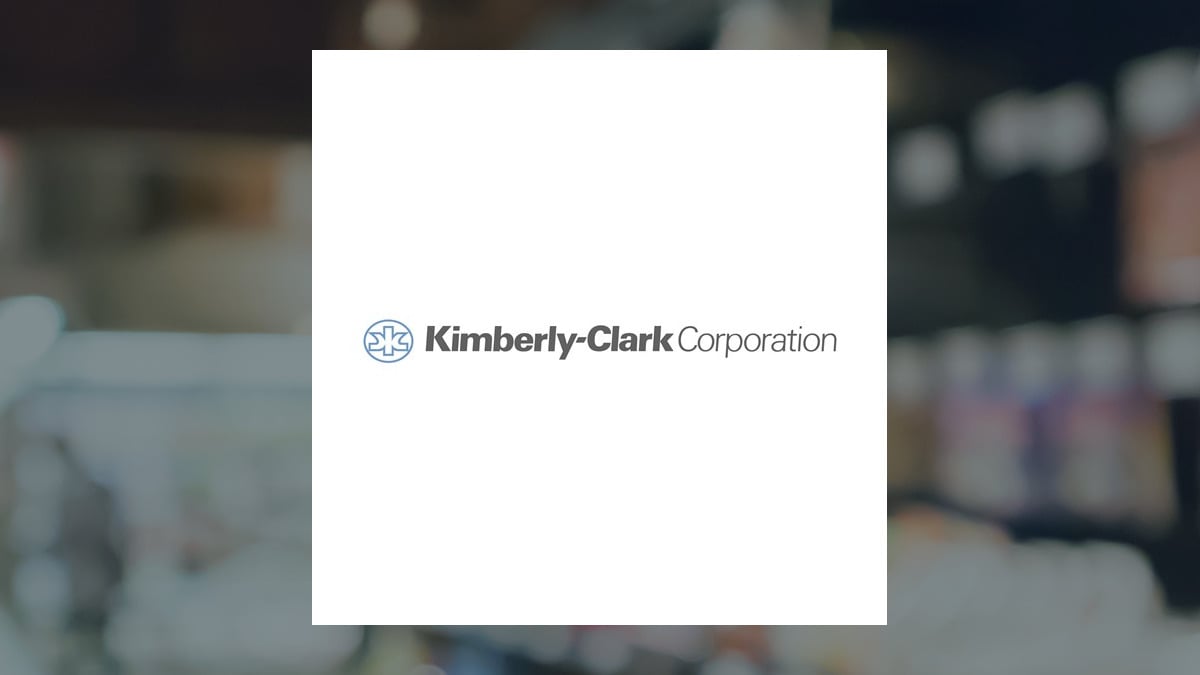 Kimberly-Clark’s financials show positive revenue growth from strategic pricing decisions and the 2024 Transformation Initiative, impacting net income. Management focuses on revenue growth strategies and risk mitigation. Key performance indicators include workforce reductions and $1.5 billion transformation costs. Risks include weather conditions and economic factors. Corporate governance involves a diverse board and sustainability practices. Forward guidance emphasizes the Transformation Initiative’s impact on workforce and organizational restructuring for growth and cost reduction by 2026.
Kimberly-Clark’s financials show positive revenue growth from strategic pricing decisions and the 2024 Transformation Initiative, impacting net income. Management focuses on revenue growth strategies and risk mitigation. Key performance indicators include workforce reductions and $1.5 billion transformation costs. Risks include weather conditions and economic factors. Corporate governance involves a diverse board and sustainability practices. Forward guidance emphasizes the Transformation Initiative’s impact on workforce and organizational restructuring for growth and cost reduction by 2026.
Executive Summary
Financials
Revenue growth over the past three years has been positive, driven by strategic pricing decisions, price pack architecture, product mix management, and trade promotion activity. The implementation of the 2024 Transformation Initiative also played a key role in optimizing revenue potential. Operating expenses have increased due to the 2024 Transformation Initiative, impacting net income. Depreciation and amortization costs have risen, reflecting the restructuring. The initiative aims to optimize cost structures by reducing the workforce and enhancing efficiency. The company’s net income margin is 5.7%. It has declined slightly. Compared to industry peers, the margin is lower.
Management Discussion and Analysis
Management has undertaken revenue growth management strategies focused on pricing decisions, product mix, trade promotion, and cost optimization. Initiatives like the 2024 Transformation Initiative aim to improve growth and reduce costs. The success of these initiatives will be seen in future financial results. Management assesses the company’s competitive position by considering factors like changes in customer preferences, regulatory actions, pricing pressures, energy costs, and global economic conditions. They highlight potential disruptions such as regional instabilities, government trade actions, and the impact of severe weather conditions. Major risks include impairment testing, customer preferences, weather conditions, regulatory actions, and economic factors. Mitigation strategies include monitoring closely, adapting to changes, maintaining key relationships, and assessing unknown factors.
Key Performance Indicators (KPIs)
Risk Assessment
Severe weather conditions, government trade actions, energy costs, and global economic conditions pose risks to the company’s operations and financial performance. These external factors could impact customer relationships and selling prices, affecting overall results. KMB assesses and manages cybersecurity risks through regular evaluations, employee training, and investing in secure technology systems. They prioritize data protection to ensure business continuity and customer trust in the digital business environment. Yes, there are potential legal issues such as government trade actions and regional instabilities. KMB monitors and adapts to changes in customer preferences and regulatory actions to mitigate risks and maintain key customer relationships.
Corporate Governance and Sustainability
The board of directors consists of 9 individuals, including a new principal accounting officer appointed on April 23, 2024. No other notable changes in leadership or independence were mentioned in the provided context. KMB has not mentioned any specific initiatives related to diversity and inclusion in its governance practices or board diversity commitment. KMB discloses climate-related risks, GHG emissions, and other ESG metrics as part of its commitment to responsible business practices. It also monitors the impact of SEC rules on disclosures, showing a proactive approach to sustainability initiatives.
Forward Guidance
The company’s forward-looking guidance addresses strategic initiatives by implementing a transformation initiative to improve focus on growth, reduce costs, and optimize supply chain. This is expected to impact workforce by reducing positions and restructuring the organization to be completed by 2026. KMB is factoring in trends such as energy costs, competitive pressures, and global economic conditions. It plans to capitalize on these trends by focusing on cost savings, volume increases, and anticipated benefits from the Transformation Initiative. Yes, Kimberly-Clark’s 2024 Transformation Initiative demonstrates its commitment to long-term growth and competitiveness through reorganizing business segments, optimizing the supply chain, and reducing costs, with anticipated completion by 2026.
For more information:
This article was created using artificial intelligence technology from Klickanalytics.
